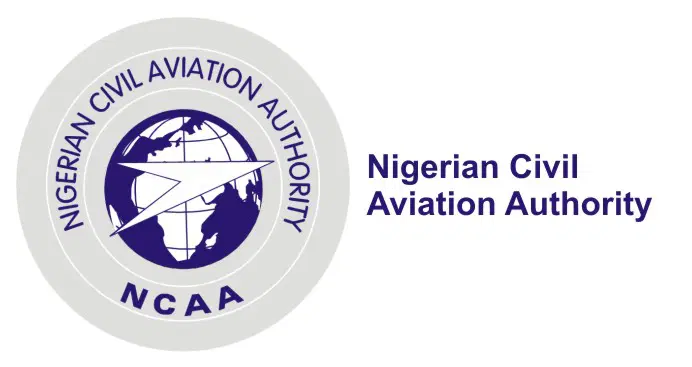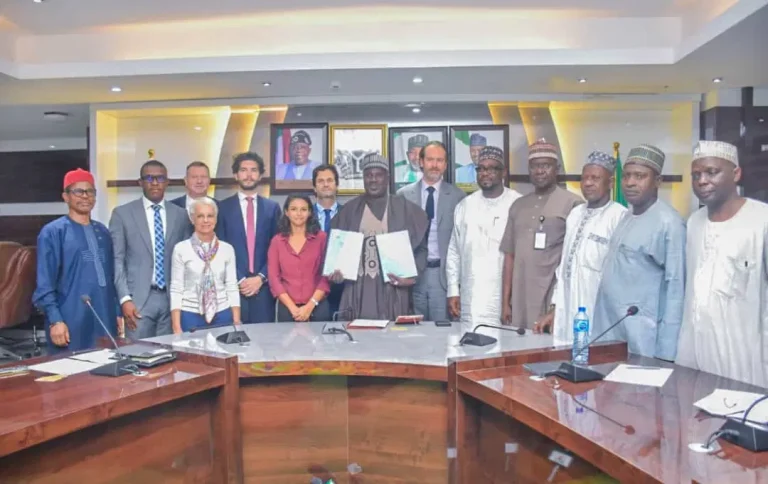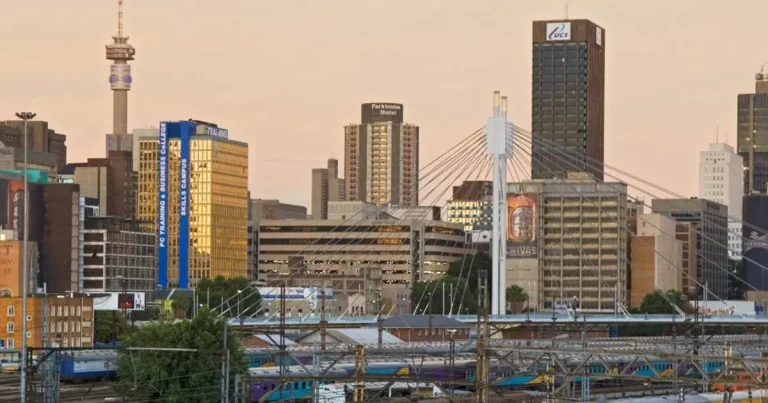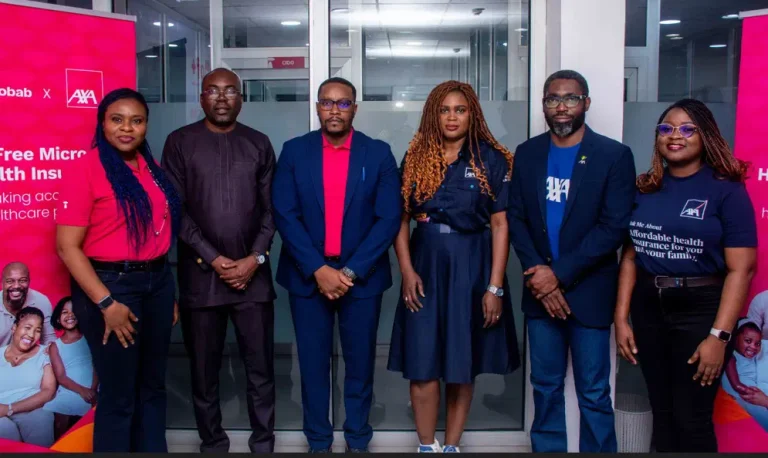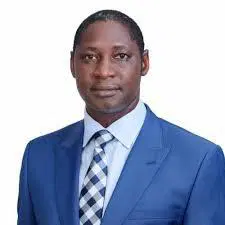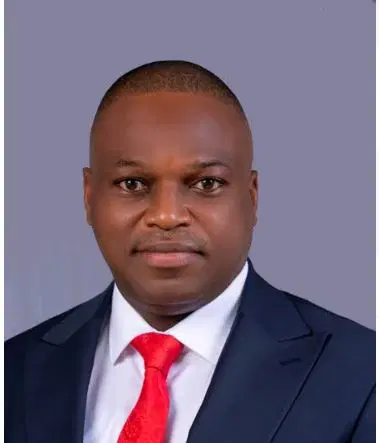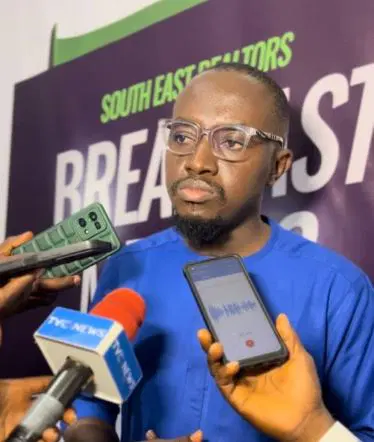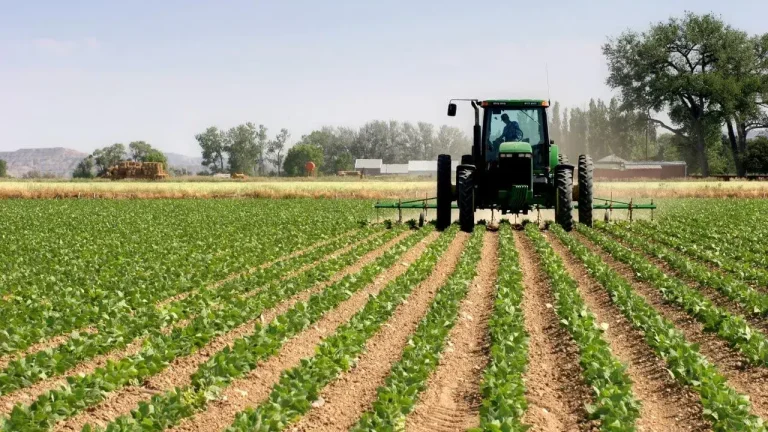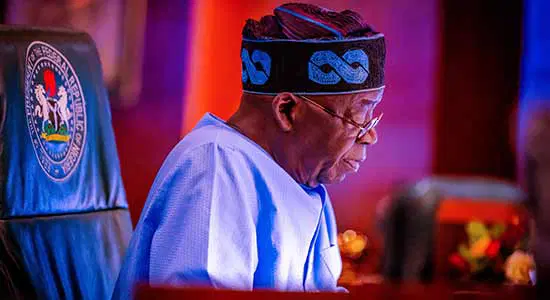2 mn readIn the business world, few stories resonate as powerfully as that of Sam Ovie Uloho, an entrepreneur who turned a modest $500 investment into a multi-million-dollar e-commerce empire. As the Founder and CEO of Enklick Group, Sam’s journey is a testament to visionary leadership and a source of inspiration for aspiring entrepreneurs around the globe.
A Humble Beginning
Sam’s entrepreneurial journey began in 2013 when he took a leap of faith by investing just $500 into online sales. Fueled by determination, resilience, and a keen eye for market trends, he started building his business from the ground up. Sam’s early years were characterized by intense focus and hard work, as he navigated the complexities of e-commerce, adapting to the rapidly changing consumer landscape and leveraging new technologies to gain a competitive edge.
His understanding of customer behavior, optimization of operations, and ability to identify emerging trends allowed him to scale his business at an impressive rate. As revenue increased, so did his ambitions.
Building a Business Powerhouse
Today, Sam Ovie Uloho leads Enklick Group, a diversified conglomerate that spans multiple industries and regions. Under his leadership, the company has become a powerhouse in the e-commerce sector, operating on major platforms such as Amazon, Walmart, Shopify, eBay, and TikTok Shop. The success of Enklick Group is a direct reflection of Sam’s strategic approach, which emphasizes adaptability, innovation, and sustainable growth.
Recognizing potential beyond e-commerce, Sam expanded the company’s operations into real estate development, short-term and long-term rentals, and coaching programs. This diversification has insulated Enklick Group from market volatility and created new revenue streams, contributing to its resilience.
In 2023, Enklick Group generated over $26 million in revenue, highlighting Sam’s exceptional business acumen and strategic leadership. Projections for the coming year indicate a potential 35% increase in revenue, reflecting ongoing growth and expansion.
Staying Ahead of the Curve
Sam’s success can be attributed to his ability to stay ahead of the curve. Whether embracing new technologies, entering untapped markets, or forming strategic partnerships, he consistently makes bold moves that position Enklick Group for long-term success. His journey from a $500 startup to a global business empire serves as a beacon of hope for entrepreneurs everywhere. As he aptly stated, “Success in e-commerce—or any business—is less about luck and more about taking the first step, staying persistent, and having the courage to innovate along the way.”
Sam’s remarkable ability to navigate challenges, seize opportunities, and scale operations has established him as one of the most prominent entrepreneurs in the United States, Africa, and beyond.
Giving Back to the Community
Beyond his business achievements, Sam is dedicated to giving back to the entrepreneurial community. Through his coaching and mentorship programs at Blueprints Media LLC, he shares his expertise with aspiring entrepreneurs, helping them unlock their potential in the competitive world of e-commerce. Programs like Seller Blueprints offer practical tools and strategies to enable participants to thrive in the digital marketplace.
Impact Beyond Business
Sam Ovie Uloho’s rise to prominence is about more than financial success; it embodies leadership, vision, and impact. As an African Union Ambassador for Agenda 2063, Sam is actively engaged in shaping the future of the African continent, contributing to its long-term development goals.
From a small startup to a multi-million-dollar enterprise, Sam Ovie Uloho’s journey exemplifies what is possible when passion meets perseverance. His success inspires a new generation of entrepreneurs, and his influence on the business world is only beginning.
To learn more about Sam Ovie Uloho and to get in touch, visit www.samuloho.com.

